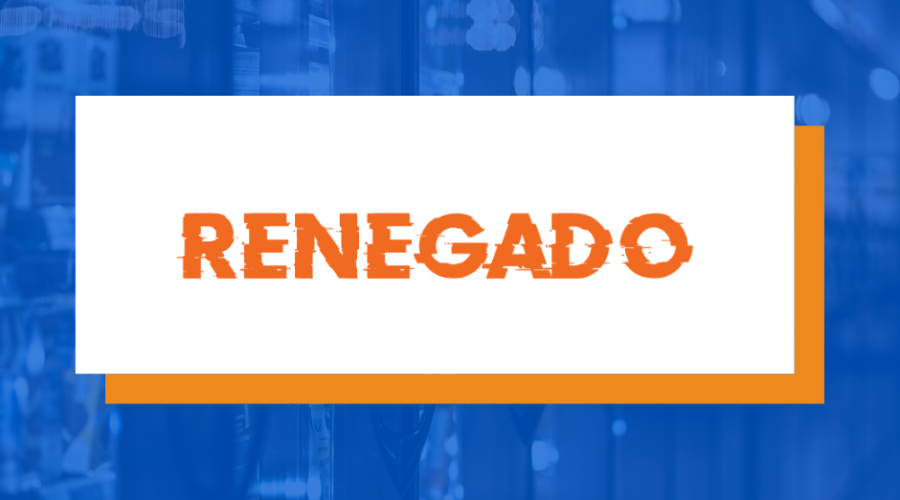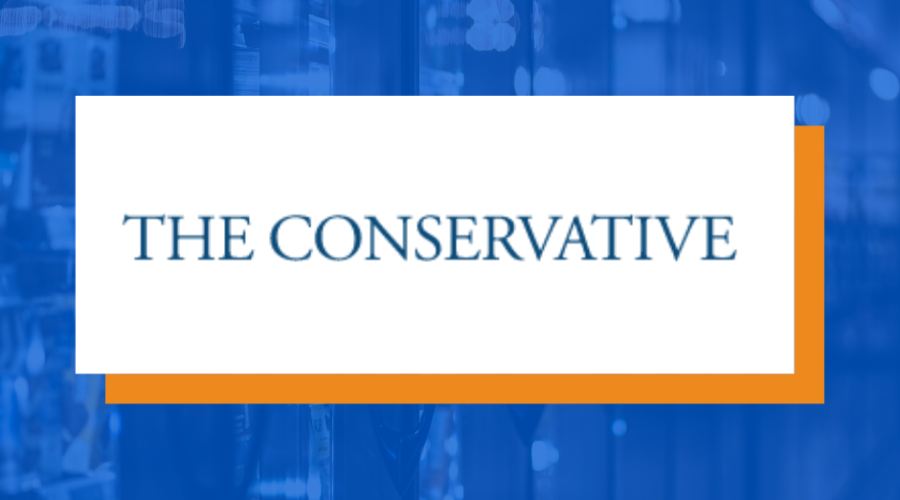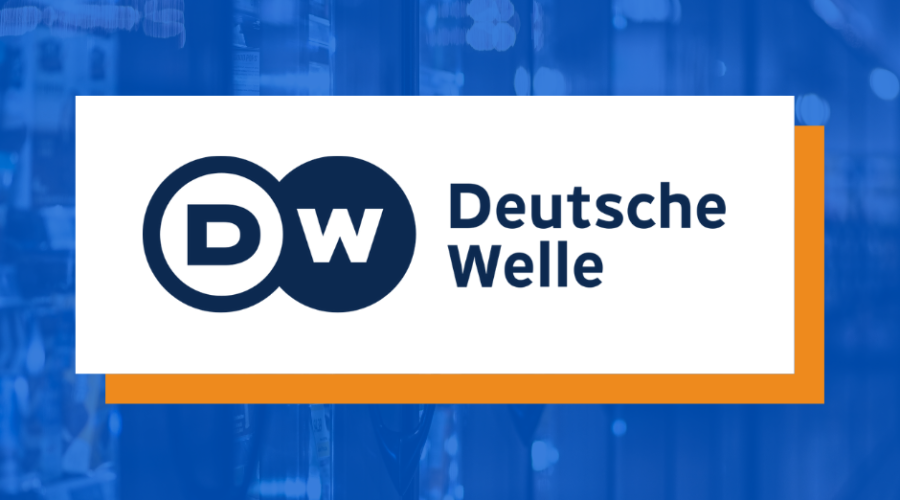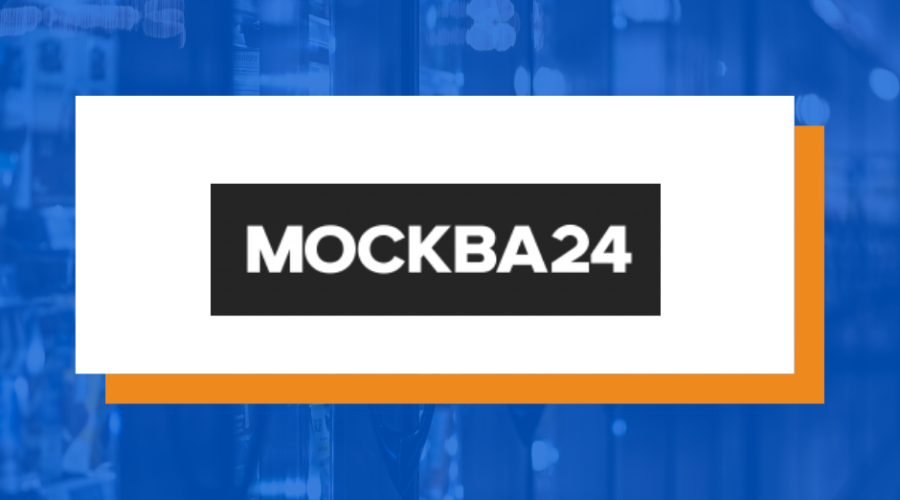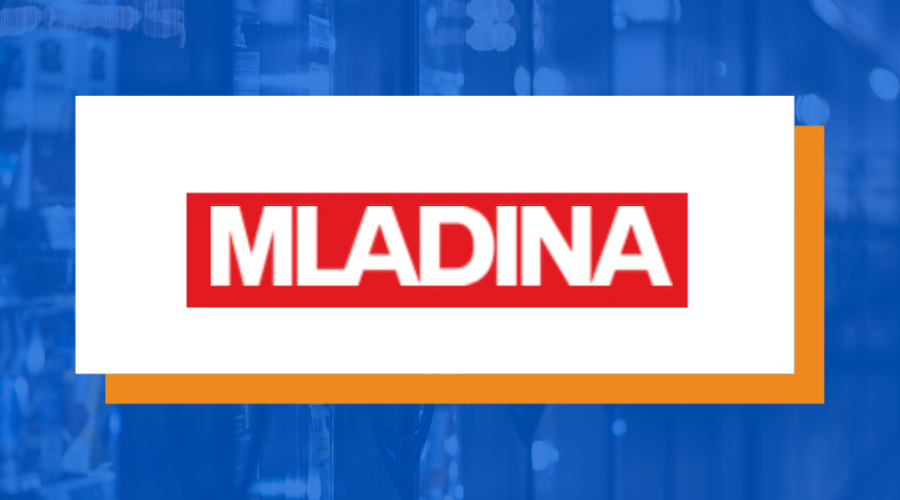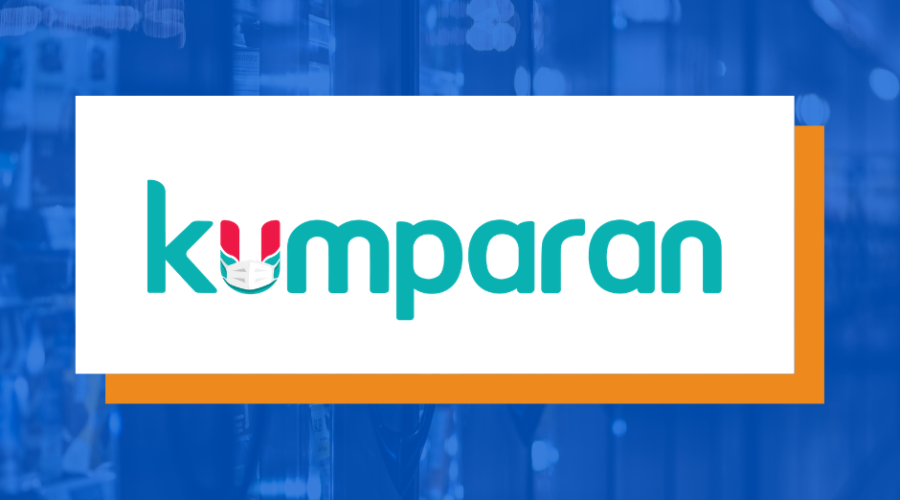Cuota de cine mexicano a Netflix, Amazon y HBO afectará al consumidor
La Ley Federal de Cinematografía y el Audiovisual, pretende que plataformas digitales como Netflix, Amazon, HBO o Blim tengan como obligación ofrecer el 30% de producción nacional, algo que perjudicará directamente a los consumidores mexicanos.
“La nueva ley impone una cuota desproporcionada de contenidos nacionales en todas las plataformas digitales que operan en México, similar al modelo de la Unión Europea con el fin de mejorar la producción y distribución de contenido local en las plataformas digitales, pero la mexicana está incompleta”, se señala en un documento del Consumer Choice Center con sede en Estados Unidos.
La legislación europea encontró un equilibrio entre la promoción de sus contenidos locales y el mantenimiento de los incentivos para invertir en nuevas producciones.
“Sabían que una cuota de contenido por sí misma no tendría un impacto directo en los incentivos para producir nuevos contenidos locales, especialmente para los pequeños productores independientes que no siempre pueden alcanzar los altos montos de inversión requeridos para producirlos. Por ello, todos los países europeos que han decidido aplicar esta obligación la han combinado con incentivos fiscales para promover la producción audiovisual”, agregan.
Por esto, La Ley Federal de Cinematografía y el Audiovisual debe, también, incluir incentivos financieros para la producción nacional. Hasta ahora, los resultados han demostrado que en Europa el ingrediente esencial de esta ecuación son los incentivos financieros, no las cuotas.
La pérdida de los consumidores sería inmensa de aprobarse dicha ley, apoyada por la Academia Mexicana de Artes y Ciencias e impulsada por el senador Ricardo Monreal y la bancada de MORENA.
“Para cumplir con la cuota del 15%, Amazon Prime, al igual que otras plataformas similares, tendría que triplicar su colección de películas mexicanas en muy poco tiempo sin tener la certeza de que haya contenido disponible para incluir en su catálogo. Reducirán la cantidad de contenido total disponible y comprando más contenido producido principalmente por Televisa. En lugar de aumentar la oferta”.
Sin cuotas y sin leyes
Las cuotas de contenido ya se está dando a través de un proceso natural en el que las plataformas internacionales buscan crecer fuera de sus países de origen.
Amazon Prime aumentó el contenido original producido en México en un 68% entre 2018 y 2019. En 2020, Netflix invirtió 200 millones de dólares para producir contenido original en México y gastará casi 300 millones de dólares para producir 51 series en 2021. México es uno de los cinco países en el mundo donde Netflix opera un estudio de producción para producir contenido regional. Disney+ también producirá 21 producciones este año en México. Y HBO Max, incluso antes de su lanzamiento, ya está creando producciones localmente. Todo ello sin cuotas impuestas por el gobierno.
“La cuota de contenido haría que la inversión de las plataformas digitales en México no se dedique a realizar nuevas producciones con nuevos talentos, y únicamente se destine a comprar programas antiguos, frenando el desarrollo del cine mexicano que recientemente ha tenido éxito de mano de los servicios de streaming”, se explica en dicho documento.
Netflix tiene más de 4,000 títulos aquí en México y Prime Video tiene más de 4,000. Blim, la plataforma mexicana con la mayor biblioteca local de contenidos, tiene casi el mismo número de películas mexicanas en su catálogo que Prime Video en 2019 (231 y 224 respectivamente). Sin embargo, las 231 películas mexicanas representan el 95% de todo el catálogo en Blim y sólo el 5% del catálogo de Prime Video. Para cumplir con la cuota del 15%, Prime Video tendría que eliminar dos terceras partes de su biblioteca.
¿Un peligro más?
La fracción de Morena en la Cámara de Diputados propuso cobrar un impuesto del 7% adicional en las tarifas que cobran las plataformas digitales extranjeras por los servicios de streaming .
La diputada Reyna Celeste Ascencio propuso modificar la Ley del Impuestos Especial Sobre Producción y Servicios (IEPS) y el impuesto se cobrará adicionalmente a la tarifa de Apple Tv, Disney +, Hulu, Netflix, Roku, entre otros servicios.
El consumidor, volverá a perder ante un aumento en el precio de las plataformas y por la obligación de ver productos mexicanos, sin darle la oportunidad de elegir lo que quiere ver.
Originally published here.
